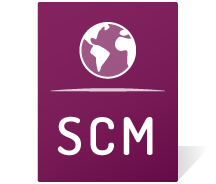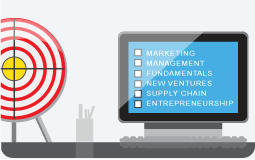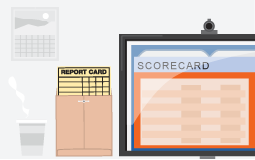
Strategic Corporate Management
Content
The Strategic Corporate Management business simulation provides students with a profound understanding of the entire business enterprise in the global market environment. This business simulation challenges students to make tough decisions in:
- Accounting
- Finance
- Advanced Marketing
- Advanced Manufacturing
- Quality Control
- Human Resource Management
- e-Commerce
- Business Partner Negotiations
- Financial Analysis
Storyline
In the Strategic Corporate Management simulation, your students are provided with the seed capital to start up their business. They build a factory, open up distribution channels, design brands, as well as advertising and web marketing campaigns. They hire workers and decide on the compensation packages, deal with demand projections, production scheduling and quality control issues. After the first simulated year in business, your students’ firms can receive additional funding from the Venture Capitalists. They can invest this money in new R&D, bring out improved products, expand their distribution and production capacity in order to maximize their performance in the second year of business. This simulation is available in two product storylines, 3D-printed bikes or our classic personal computers scenario.

Target Courses
Integrative business courses.

Time Frame
8 decision rounds, with each round taking 3½ to 4 hours per student.
For a longer exercise you may consider the extended version of this level with up to 12 rounds.

Grading
Grading is based on the balanced scorecard that measures profitability, customer satisfaction, market share in the targeted market segments, asset management, financial risk, manufacturing productivity, human resource management, preparedness for the future and wealth.
Play Options
Your students can compete against their peers.
Languages
English and Spanish – “Play against peers” version
Additional Scenario Option
In this option the computer scenario is expanded to include tablets. Marketing research, labor and production reflect the lower price points and cost of tablets compared to desktops and laptops. The manufacturing decision content also includes a production control system option to provide more control in the production changeover area.
